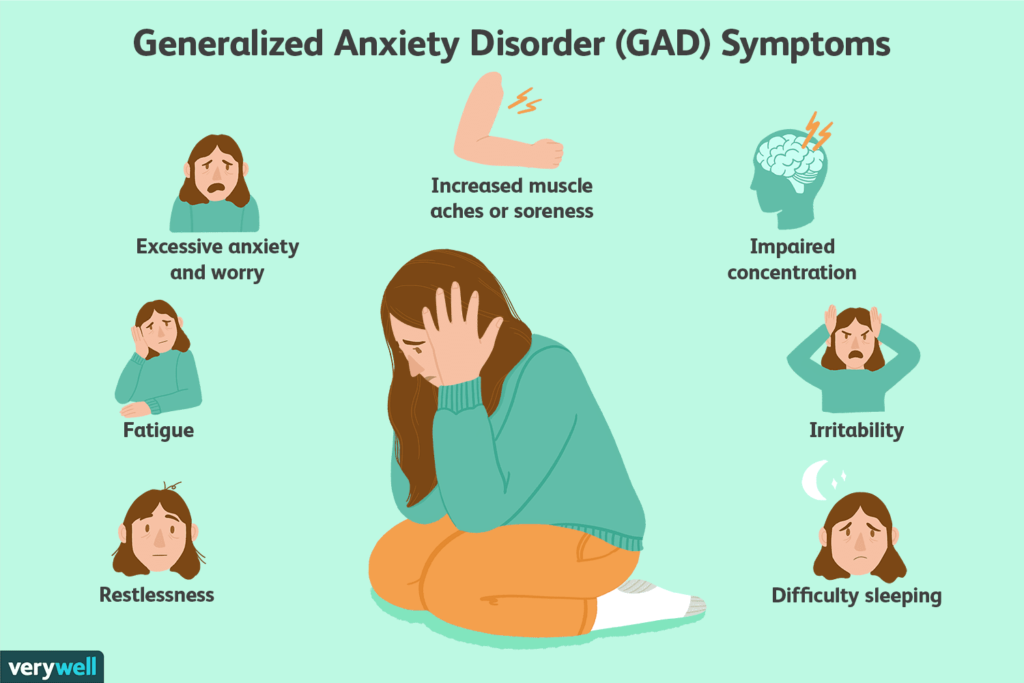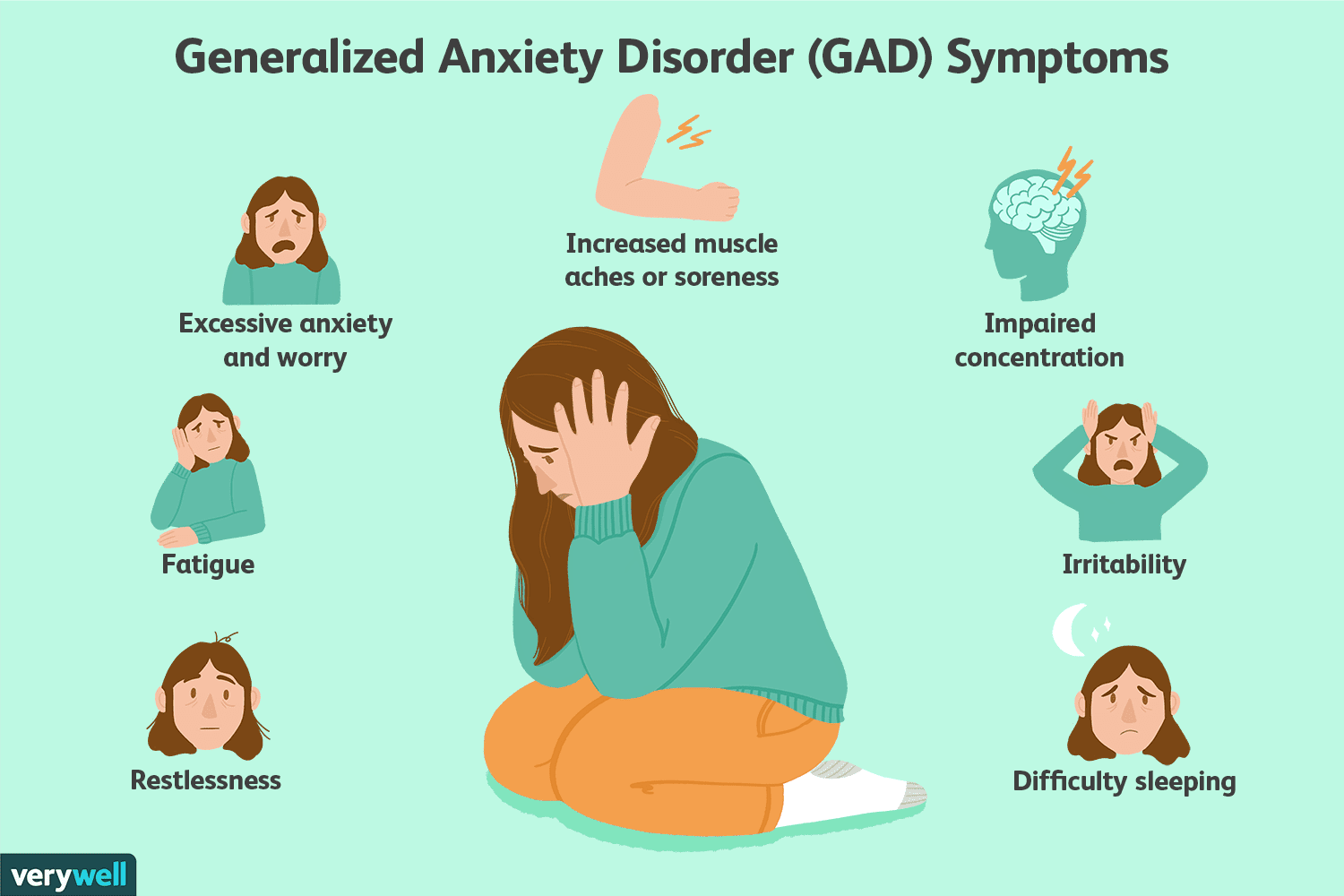
Are you experiencing regular anxiety? You aren’t alone. Anxiety disorders are the most common mental health disorder in the United States.
Dealing with anxiety can be scary and even overwhelming at times. If you think you might be suffering from an anxiety disorder, there are ways you can identify the symptoms.
Being aware of anxiety disorder symptoms can help you or your loved ones to get any treatment needed. Check out this guide to learn more about common anxiety disorder symptoms.
Breathing Changes
If you are wondering what are symptoms of an anxiety disorder, one of the most common ones to be aware of is breathing changes. Rapid, panicked breathing is a sure sign you are experiencing anxiety.
Rapid breathing (or hyperventilation) can cause you to become light-headed and not think clearly. When dealing with anxiety, this will can induce a panic attack. That is why deep breathing exercises are so commonly suggested as anxiety disorder treatment.
Trembling or Shaking
Many people experience trembling sensations or start to shake when they experience anxiety. These could be generalized anxiety disorder symptoms and should be paid attention to.
If you experience shaking or trembling during stressful situations, talk to someone about the possibility of an anxiety disorder diagnosis.
Stomach Problems
A lot of people experience stomach issues as a symptom. This often comes up when people are nervous in social situations or eating with other people. If you are experiencing stomach problems, it may be a social anxiety disorder symptom.
Many people use medical cannabis to help them cope with social anxiety and deal with stomach issues. Harvest can help you to enter any social setting feeling more relaxed and at ease.
Dizziness and Heart Rate Changes
When dealing with anxiety, many people experience rapid or increased heart rates. This can cause you to become dizzy or light-headed, which can be dangerous.
If you experience either of these symptoms, make sure you find a safe place to sit down until you are able to calm down.
Change in Appetite and Sleep
Anxiety can disrupt your daily schedule by interfering with your sleep schedule or causing you to not be able to eat. Having inadequate food and rest can make you have other help complications and make you even more anxious.
If you are noticing changes in your sleep or eating habits because of anxiety, talk to a specialist to find out the best ways you can cope with these anxiety disorder symptoms.
Dealing With Anxiety Disorder Symptoms
If you find yourself or a loved one experiencing any of these anxiety disorder symptoms, don’t be afraid. There are many ways to cope with anxiety and specialists who can help you through a diagnosis.
Pay attention to any changes in habits, breathing, or other changes in your body and get the treatment you need to stay happy and healthy.
Want to learn more about dealing with anxiety or have other mental health questions? Check out more of our mental health posts for helpful information!
